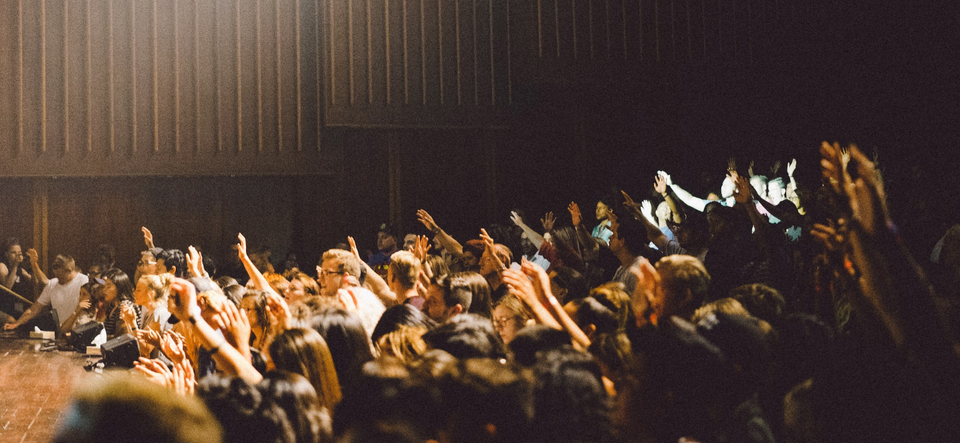The Many and the Few

Consider the Chinese soldier during the destruction of the Tibetan people. What was coursing through his mind? Probably thoughts about his family, how much he missed them, and what he was going to have for dinner that night. He was just a person following orders, and also a person who didn’t stand up against them. He was simultaneously not responsible and also infinitely responsible. Most people are like this. And as a collective, it’s lead us to the brink of global collapse.
We stand, unquestioningly, at the nexus of a polycrisis. To name a few of the features: the climate crisis, the loss of biodiversity, nuclear proliferation, soil depletion, a mass economic ponzi scheme propped up by poorly built government policy, a looming energy crisis, freshwater scarcity, antibiotic resistance, cybersecurity threats, global pandemics, growing wealth disparity, political instability, mass access to destabilizing weapons through the rise of AI, the erosion of trust in institutions, food insecurity, deforestation, aging populations, ocean depletion, and the list goes on. Our world faces (or will face soon) the pressing weight of these agonies.
History's lens often magnifies the solitary leader: the Gandhis, the MLKs, the Hitlers. Yet, it's worth pondering on that solitary Chinese soldier. How do we evolve to a universal consciousness when most eyes are set on the immediacy of the local horizon?
One frame of understanding is spiral dynamics, a model that—though contentious—offers a profound prism through which we can view human interrelations. It presents an evolution: from primal survival instincts, to tribal bonds, individual egos, a search for purpose, and ultimately reaching holistic perceptions of existence. It's not perfect, but it's handy.
We can nudge people forward in the spiral. To broaden collective perspectives, I suggest we start with the age-old instruments: the binding threads of religion, the transformative power of rituals, the compass of moral philosophy, and the expansive horizons offered by psychedelics, the outdoors, chanting, breath, and dance.These tools, used correctly, offer a perspectival shift towards broader levels of thinking. The emphasis here is on nurturing an ethos of profound self-accountability for choices—a principle that resonates deeply with our innermost psyche.
Another way is to approach the system itself. This is a path fraught with danger – I know that the opposite of action is not inaction, it’s outsized expectations. This is why I (and probably most of the millennial generation) have an inherent mistrust of people who say their primary motivation is to save the world. It’s no surprise then that skepticism surrounds those with messianic claims. I’m not a superhero – I’m a pretty smart primates with about four thousand weeks to live on this earth from start to finish.
But there are people, a few people, who can affect and shift system change in a way that’s broader than just chaos theory. Maybe we could call them the modern philosopher-kings, but one who rules where markets (not swords) are the primary economic power force.
This person would have experience in intricate, global power systems. They’d know the rules of the game but they’d also know that the rules were made up. They’d be fed up with two groups of people: with the people who took the game way too seriously (think a sociopathic hedge fund manager), and the people who thought they were better than the game (think the cult leader who starts a commune). They could carve out a little niche - but little to them would mean something like choosing one of those crises listed above, picking a country, and solving it in that country. They would go to war like Arjuna in the Bhagavad Gita – fighting the battle even while releasing their attachment to the reality of the battle itself. They would build a world where their great-grandkids could flourish.
I like the phrase “walk with love”. I think it exemplifies the essence of this leadership. To continue moving forward, to walk, with a motivation of compassion for the people, for the earth, and for their spirit. To recognize the limits of being a human, and to do the best you can to beat back the forces of fear and greed.
Our choices? Either instill a paradigm shift in the hearts of the many or rally behind the enlightened few. Otherwise, the labyrinth of our own making might just confine us. Of course, there's always a third choice – inaction. Let's avoid that if we can.
Member discussion